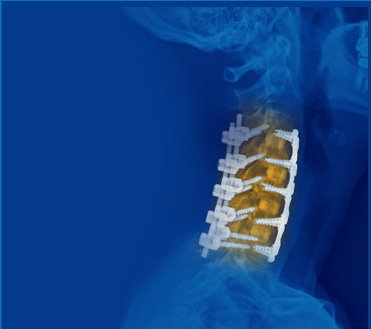
In his 2004 article in the New England Journal of Medicine,* Dr. Steven Lipson revealed a) that roughly 151,000 spinal-fusion surgeries were conducted every year in the United States, b) that success rates were at best moderate, most patients noticed little improvement and the risk of complications linked to such surgery was a cause for concern, and c) that, given these revelations, spinal fusions should not be conducted routinely.
Disc degeneration, herniated discs and bulging discs rank among the primary and most frequent causes of major back problems in the 21st century.
Surgery for these conditions must always be a last resort, that is, only if non-invasive therapies have failed or if the patient is at risk of permanent neurological damage. One such operation, spinal fusion, is often recommended, but it often leads to permanent loss of mobility, lack of flexibility and persistent pain.
If you’d had surgery and now suffer from residual pain or from recurring symptoms, you’ll be happy to know that our approach has helped a number of patients in your situation. However, the treatment is not possible after certain types of surgery:
- Spinal fusion using screws
- Scoliosis correction with Harrington rods
- Any operation performed within the last 9 to 12 months.
We’ll conduct a thorough examination at our clinic to determine if we can indeed help you and how best to do so. Again, we have successfully treated other post-surgery patients, so come see if we can do the same for you. Call us at 819-205-2757, extension 1.


